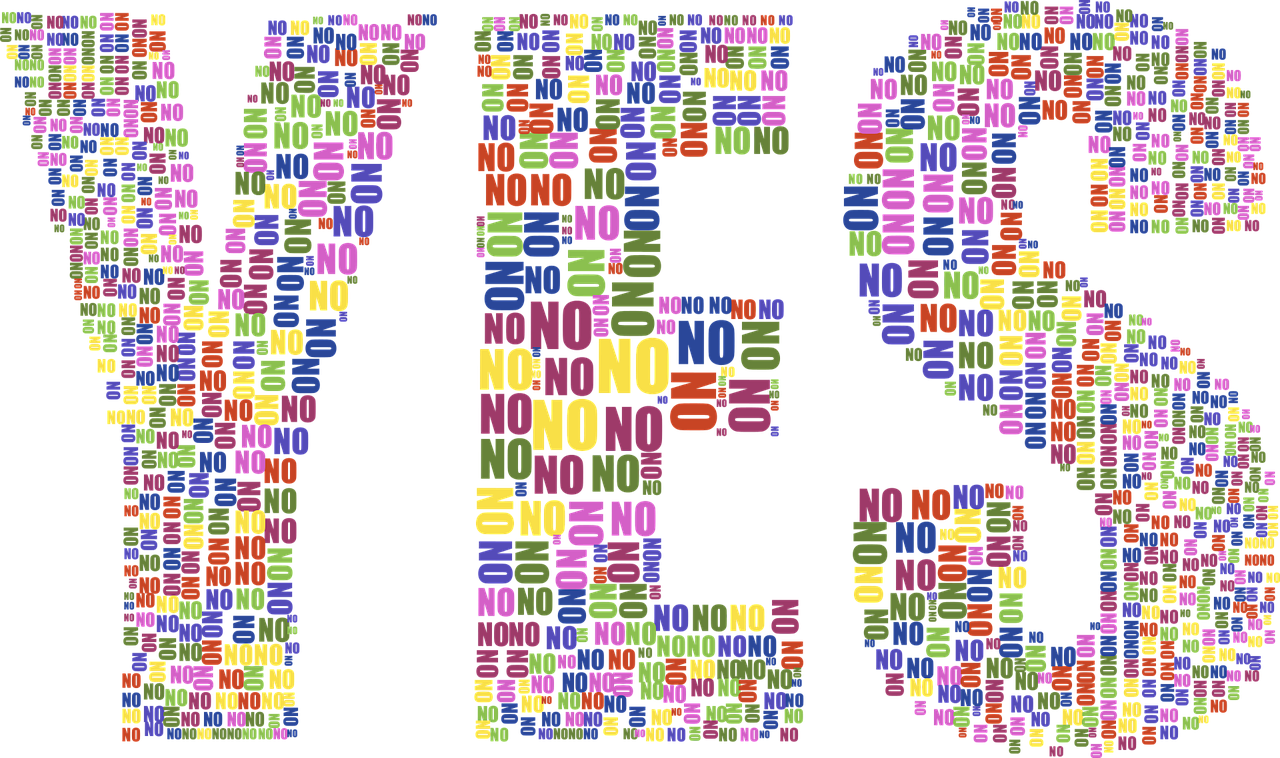
The European Union is ready to use all its policy instruments to contribute to a sustainable way out of the current crisis and to react to a further deterioration of democracy and the rule of law, and of the economic, social and humanitarian situation in Lebanon. In view of the gravity of the situation, a framework has been adopted for targeted restrictive measures against natural persons responsible for undermining democracy or the rule of law in Lebanon and natural or legal persons, entities or bodies associated with them.
Restrictive measures
|
|
|
|
|
|
|
Trade restrictions on defence-related products |
Freezing of funds |
Travel ban |
|
|
|
Trade sanctions: Restricted products and transactions

|
||
Defence-related products |
|
|
| There is an arms embargo for export, technical assistance, brokering and financial assistance. Some exceptions apply. |
|
|
Financial sanctions: Listed persons & entities, restricted services
There are currently no persons on the list of people whose funds and economic resources are frozen.
Other sanctions
EU Member States must prevent the entry into, or the transit through, their territories of listed persons.
To go further
Legal texts
Related information
Human Rights Watch - Lebanon . Human Rights Watch investigates and reports on abuses happening in all corners of the world.





